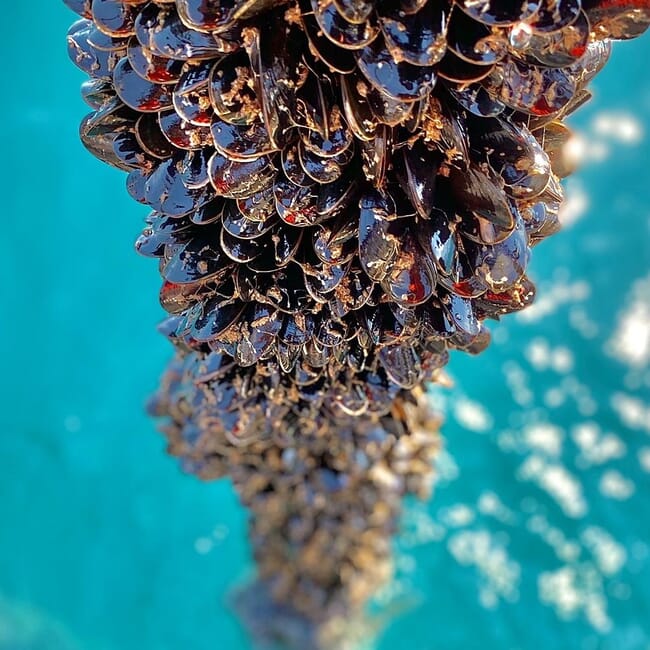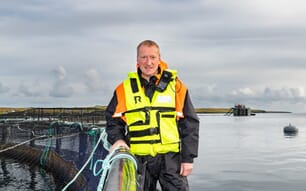
© Offshore Shellfish
Speaking to The Fish Site the day after the announcement, Nicki Holmyard, co-founder of the company, explained that while it felt too early to properly celebrate – as the precise details of the revised rules governing UK bivalve exports to Europe were not yet clear – the documents that she had seen so far did contain two bits of good news.
The first is that it promises to remove the need for Export Health Certificates for seafood and to reduce the number of paperwork checks (and the delays these cause) that are carried out in transit.
The second its that the government documents state that “shellfish from certain types of GB domestic waters currently banned in the EU will be able to be exported again”.
“It doesn’t specifically state that this refers to shellfish grown in Class B waters but we are fairly certain that this is what it indicates,” Holmyard explains. “And if so it would mark the end of what we’ve struggled so hard for so many years to achieve. It is also one of the main reasons we set up the APPG [the shellfish all party parliamentary group] for.”
Offshore Shellfish, which employs four members of the Holmyard family, have been tirelessly campaigning for restrictions on exporting live bivalves to Europe from Class B waters – which came into effect after Brexit – to be revoked. Given that Europe is their target market, the regulation has been a huge barrier in their bid to reach their production capacity and has, according to Holmyard, cost the company in the region of £300,000 in terms of paperwork, legal fees, vet inspections and shipments that were unable to reach the continent. While the cost in terms of lost ability to expand is in the millions.
“It feels like a pyrrhic victory, because the time, effort and stress this has caused over the last few years definitely affected our health! Hopefully, we can sleep at night now!” Holmyard reflects.
Offshore Shellfish harvested around 3,200 tonnes of mussels from their farm in Lyme Bay, Devon, last year, and Holmyard hopes that when the new rules come into force they will be able to raise the funding required to triple this output and help to meet European demand for mussels – with sales channelled through their partners Premier Offshore in the Netherlands.
However, she adds that the precise details of the deal – and an indication of the timeline involved in its implementation – are needed before they can really start to move forward with their plans.
“We’re only a third of the way there and will need new investment,” she reflects.



